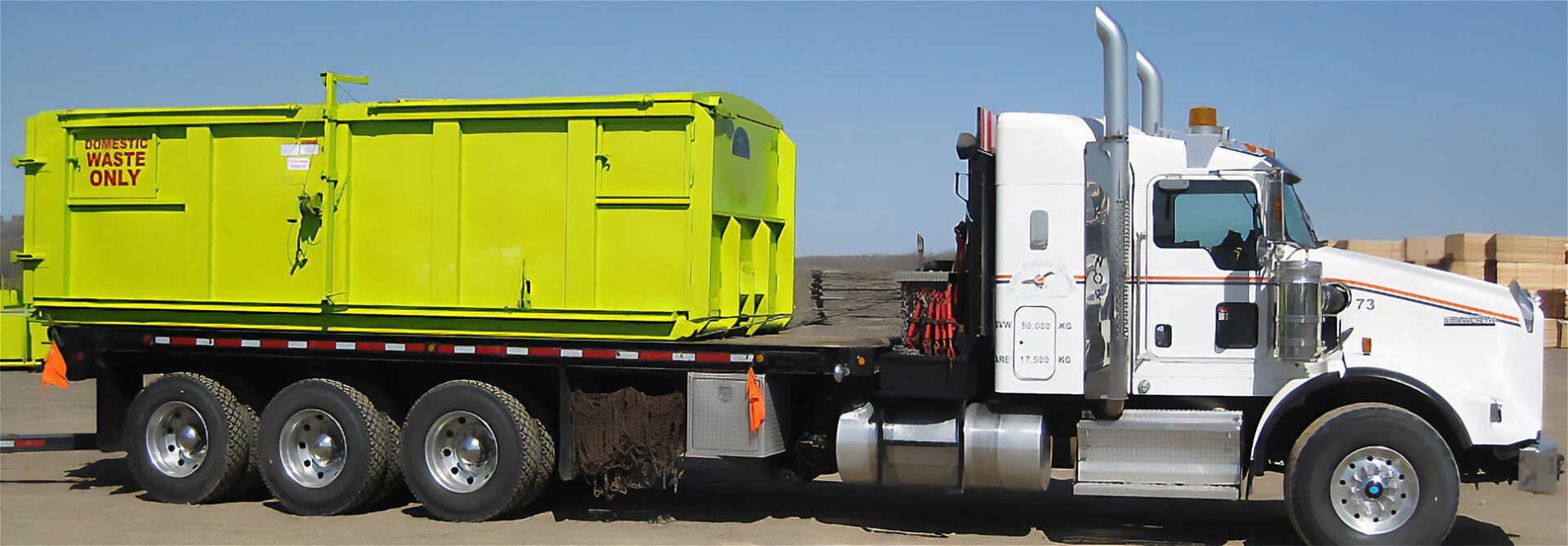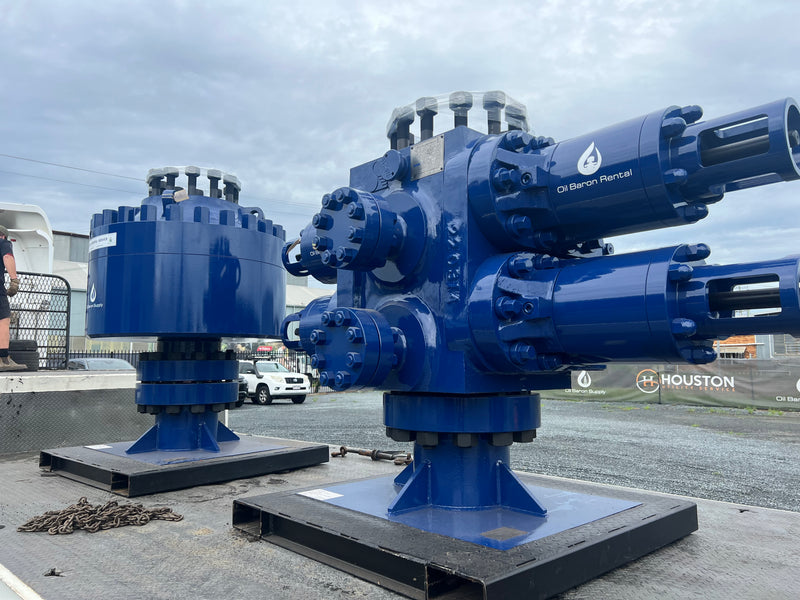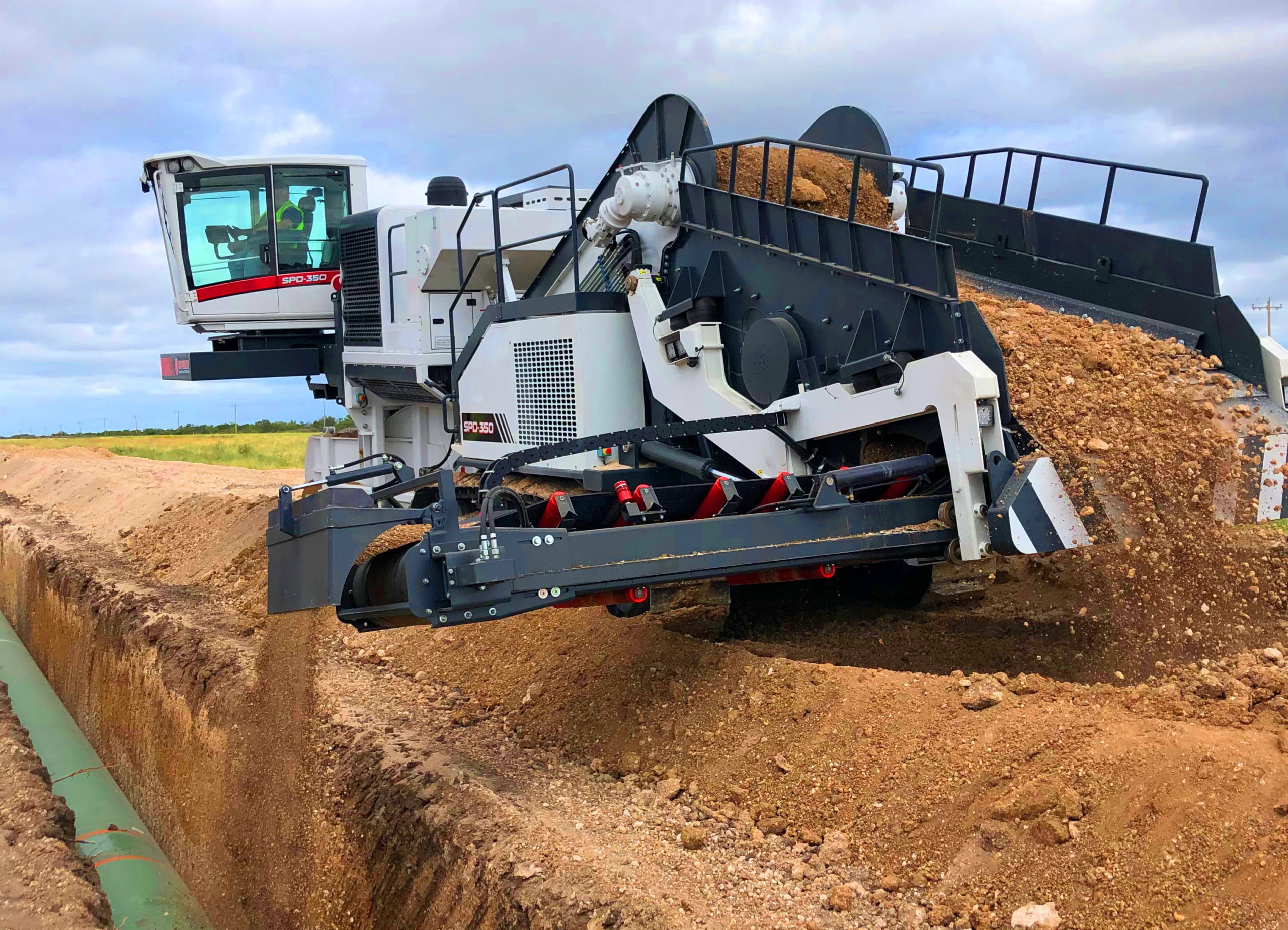A Comprehensive Guide to the Various Kinds Of Oil Field Equipment and Pipeline Equipment Available
The oil and gas market depends greatly on specialized devices for reliable removal and transportation. Various kinds of machinery, from drilling rigs to tank, play important functions in this intricate process. Each tool serves distinctive features that add to overall functional success. Comprehending these elements is important for any individual included in the industry. As the sector develops, so also do the modern technologies that support it. What improvements are on the perspective?

Drilling Rigs: The Foundation of Oil Exploration
Drilling rigs function as the important equipment in the domain of oil expedition, enabling companies to accessibility hydrocarbon gets hidden deep below the Earth's surface area. These rigs are available in different types, consisting of land rigs, offshore rigs, and mobile systems, each made to operate in certain environments. Furnished with innovative technology, drilling rigs can permeate geological formations with precision, guaranteeing efficient source extraction. The structural stability and functional capacities of these rigs are essential, as they have to hold up against severe problems and substantial pressures. The selection of a drilling rig influences the general task expense and timeline, making it a crucial consideration for oil companies looking for to optimize their exploration initiatives and maximize efficiency in their procedures.
Pumps: Vital for Fluid Movement
In the oil removal process, the role of pumps is significant, facilitating the motion of fluids throughout different phases of manufacturing. Pumps are necessary for transferring crude oil, water, and various other fluids from below ground reservoirs to the surface and afterwards via pipelines to refineries. They are available in various types, consisting of centrifugal, positive variation, and completely submersible pumps, each offering details objectives based on the liquid attributes and operational demands. Centrifugal pumps are generally used for their effectiveness in high-flow applications, while positive variation pumps master managing viscous fluids. The choice of pump influences general performance, functional safety and security, and upkeep prices. Appropriate choice and maintenance of pumps are essential for maximizing manufacturing and decreasing downtime in oil area operations.
Shutoffs: Managing Circulation and Pressure

Shutoffs play a vital function in managing the flow and stress of liquids within oil areas and pipes. Different kinds of valves offer unique applications, each designed to fulfill particular functions basic for reliable operation - Superior Rentals fusion machines. Comprehending the characteristics and uses these valves is vital for enhancing system efficiency and safety
Sorts of Valves
Necessary components in oil field procedures, valves play a crucial role in managing the circulation and pressure of fluids within pipes and equipment. Different kinds of valves are utilized to meet the diverse requirements of oil and gas manufacturing. Usual kinds include gate valves, which provide a straight-line circulation and marginal stress decline; globe valves, known for their strangling capacities; and sphere valves, recognized for their fast on/off control. In addition, check shutoffs protect against backflow, while butterfly shutoffs supply a lightweight option for managing flow. Each shutoff kind is developed with specific materials and configurations to withstand the extreme problems often discovered in oil fields, ensuring reliability and effectiveness in procedures. Comprehending these types is vital for effective system administration.
Valve Applications and Features
While various kinds of valves serve distinctive objectives, their key applications focus on managing flow and stress within oil and gas systems. Valves such as entrance, world, and ball valves manage liquid movement, ensuring peak efficiency and safety and security. Gateway valves are frequently utilized for on/off control, giving very little circulation resistance. World shutoffs, on the various other hand, offer exact circulation policy, making them suitable for strangling applications. Ball valves are preferred for their fast procedure and limited sealing abilities. In addition, stress alleviation shutoffs are critical for protecting against system overpressure, safeguarding devices stability. Generally, the ideal choice visit site and application of shutoffs boost operational performance, making sure the reputable transport of oil and gas through pipelines and handling centers.
Compressors: Enhancing Gas Transport
Compressors play an essential role in the effective transportation of gas, making sure that it relocates smoothly with pipelines over fars away. These gadgets enhance the pressure of gas, permitting it to overcome friction and elevation modifications within the pipeline system. In addition, compressors promote the balancing of supply and need, fitting variations in consumption and production prices. Different sorts of compressors are employed in the sector, including centrifugal, reciprocating, and rotating screw compressors, each offering distinct advantages based on the functional needs. Normal maintenance of these compressors is necessary to optimize efficiency and lessen downtime, ultimately contributing to a reputable gas transport network. Their vital feature underscores the relevance of compressors in the total oil and gas facilities.
Storage Tanks: Safe and Efficient Liquid Monitoring
Reliable transport of gas depends on different supporting systems, among which is hop over to these guys the correct monitoring of tank. These containers play an important role in securely including liquids, making sure that functional effectiveness is preserved while reducing environmental threats. Created from long lasting products, they are created to endure high pressures and harsh components. Properly sized and tactically situated, tank help with the smooth circulation of all-natural gas and other liquids, preventing bottlenecks in supply chains. Normal maintenance and monitoring are vital to detect leaks or structural concerns, promoting safety and conformity with regulative requirements. Inevitably, the efficient management of tank is crucial for the total stability and dependability of the oil and gas sector's liquid handling systems.
Pipeline Solutions: Infrastructure for Transportation
Pipeline systems function as the backbone of the oil and gas market, assisting in the reliable transport of hydrocarbons over substantial ranges. These systems include various components, consisting of pipelines, valves, pumps, and compressors, all diligently created to assure seamless flow. The products used in pipeline building and construction, usually steel or high-density polyethylene, are selected for toughness and resistance to rust. Pipeline networks can extend throughout land and water, attaching production sites to refineries and circulation. In addition, progressed innovation allows real-time tracking of circulation rates and stress degrees, improving operational effectiveness. The calculated positioning of these pipes lessens environmental impact while optimizing resource availability, thus playing a vital function in meeting power needs worldwide.
Safety And Security Equipment: Guaranteeing Employee and Environmental Management
The procedure of pipeline systems, while vital for power transportation, likewise offers considerable safety and security obstacles for employees and the setting. Safety equipment plays a significant function in reducing these threats. Personal safety tools (PPE) such as helmets, handwear covers, and non-slip shoes safeguards workers from physical hazards. In addition, gas detection systems keep track of for leakages, making sure that harmful compounds do not pose a hazard to personnel or the bordering ecosystem. Emergency situation closure systems are vital for swiftly halting procedures throughout a crisis, preventing prospective catastrophes. Spill containment products, including absorbents and obstacles, are essential for more information reducing ecological impact. In general, purchasing comprehensive safety equipment is important for preserving functional stability and securing both workers and the environment in the oil and gas field.

Frequently Asked Inquiries
Exactly how Do I Pick the Right Oil Field Equipment for My Job?
Selecting the right oil area equipment involves assessing task requirements, spending plan constraints, and functional needs. Consider elements such as tools integrity, compatibility with existing systems, and the vendor's track record to ensure peak efficiency and safety and security.
What Are the Maintenance Needs for Oil Field Equipment?
Upkeep requirements for oil area equipment consist of regular examinations, lubrication, and timely fixings. Operators must additionally abide by producer guidelines, display performance metrics, and assurance conformity with safety and security regulations to enhance durability and efficiency.

How Can I Make Sure Conformity With Environmental Laws?
To guarantee conformity with environmental policies, business must perform normal audits, apply ideal techniques, buy training, keep correct documentation, and stay updated on regulation (Superior Rentals reviews). Cooperation with ecological agencies can additionally enhance adherence to guidelines
What Is the Ordinary Life Expectancy of Pipeline Equipment?
The typical life-span of pipeline devices generally ranges from 20 to half a century, depending upon factors such as material high quality, environmental problems, and upkeep techniques. Regular examinations can substantially affect long life and functional effectiveness.
How Do I Safely Transport Oil Field Equipment to Remote Locations?
Moving oil area equipment to remote areas needs cautious planning, consisting of path evaluation, safeguarding licenses, making use of suitable vehicles, and making sure safety and security methods are adhered to. Appropriate training and communication among teams are crucial for successful transportation.